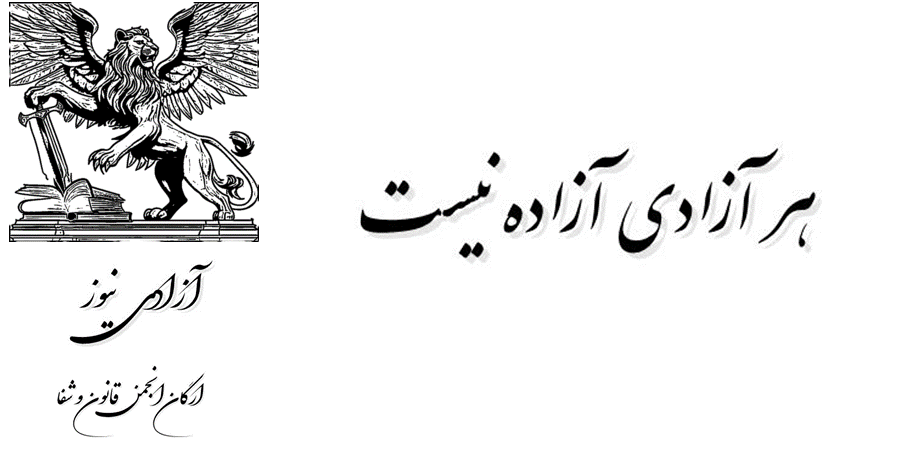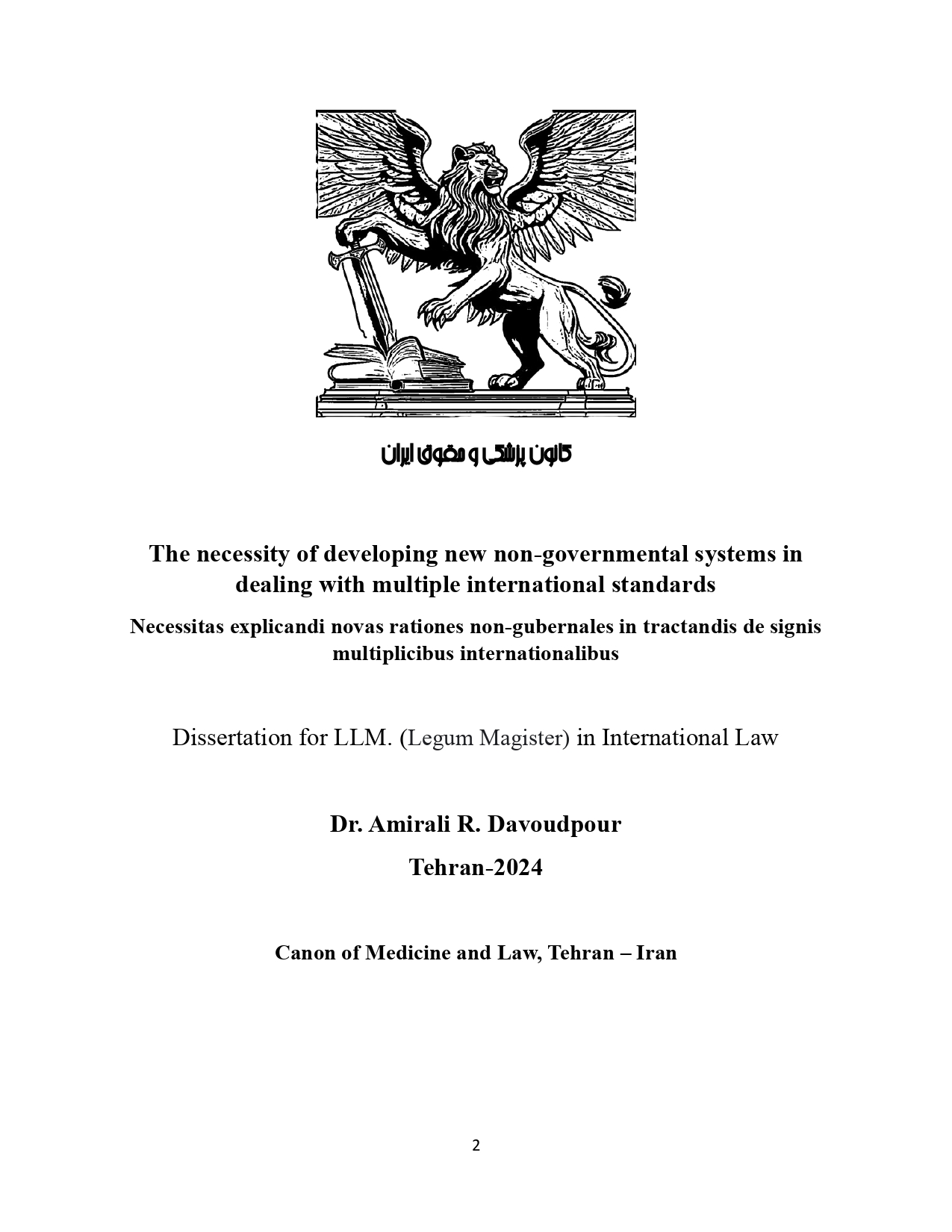In the world, there are systems that, based on collective developments, have brought about bipolar or multipolar worlds in recent centuries, exerting political, economic, and sometimes scientific power. The current bipolar system, based on accepting Western economic, social, and scientific superiority, or embracing Eastern ideologies, namely despotic and semi-despotic systems, involves numerous contradictions, challenging individual intellect and autonomy in the face of serious decision-making challenges. In this system, one either accepts that Western beauty, economy, and sciences constitute the essence of happiness and sincerely brings oneself closer to the West either through migration or blind Westernization, to the extent that residency in, for example, America is granted through lottery and luck. Or one accepts in the Eastern ideological system that governmental demands, the violation of individual and social rights outlined in the Book of Creation, are legitimate.
We refer to the Book of Creation instead of human rights because the instrumental use of human rights in the Palestinian phenomenon and Israeli crimes, in collaboration with some Western powers, has been so egregious and the prevalent social apartheid so obvious that it is not possible to fully rely on the sword of human rights to combat such phenomena. The Book of Creation does not naturally violate people’s rights to shelter, drink, travel, and interact with the opposite sex, but Eastern systems intervene in personal matters under the guise of paternalism, through millennia-old regulations called shari’ah. Rights serve as a framework for the relationship between individuals and social groups in multipolar systems, disregarding individuals’ equal or proportionate shares in the pursuit of happiness, leading to aberrations. The issue of freeing oneself from the yoke of power remains unresolved in international law. On the other hand, compulsory independent systems do not see the observance and enforcement of rights on an international scale as necessary. Now that it is understood, the global bipolar system, like individual bipolar disorder, becomes an obstacle to constructive actions in global consensus, acting as a stumbling block. What is the main duty of an individual in the face of rejecting or accepting bipolar standards? In this decision-making challenge, and metaphorically speaking, lies the bridge and the crossroad where the wise, warrior, and complete human emerges. It is in this challenge that the compassionate, prudent, and even mythical human appears.
Dr. Amirali Rostam Davoodpour
Secretary of the Law and Healing Society
[1] Humanity and Governments (A Journey in International Law), Monique Chemillier-Gendreau, translated by Morteza Kalantarian, published in 2003.
The necessity of developing new non-governmental systems in dealing with multiple international standards, Amirali R. Davoudpour, Dissertation for LLM. (Legum Magister) in International Law.


